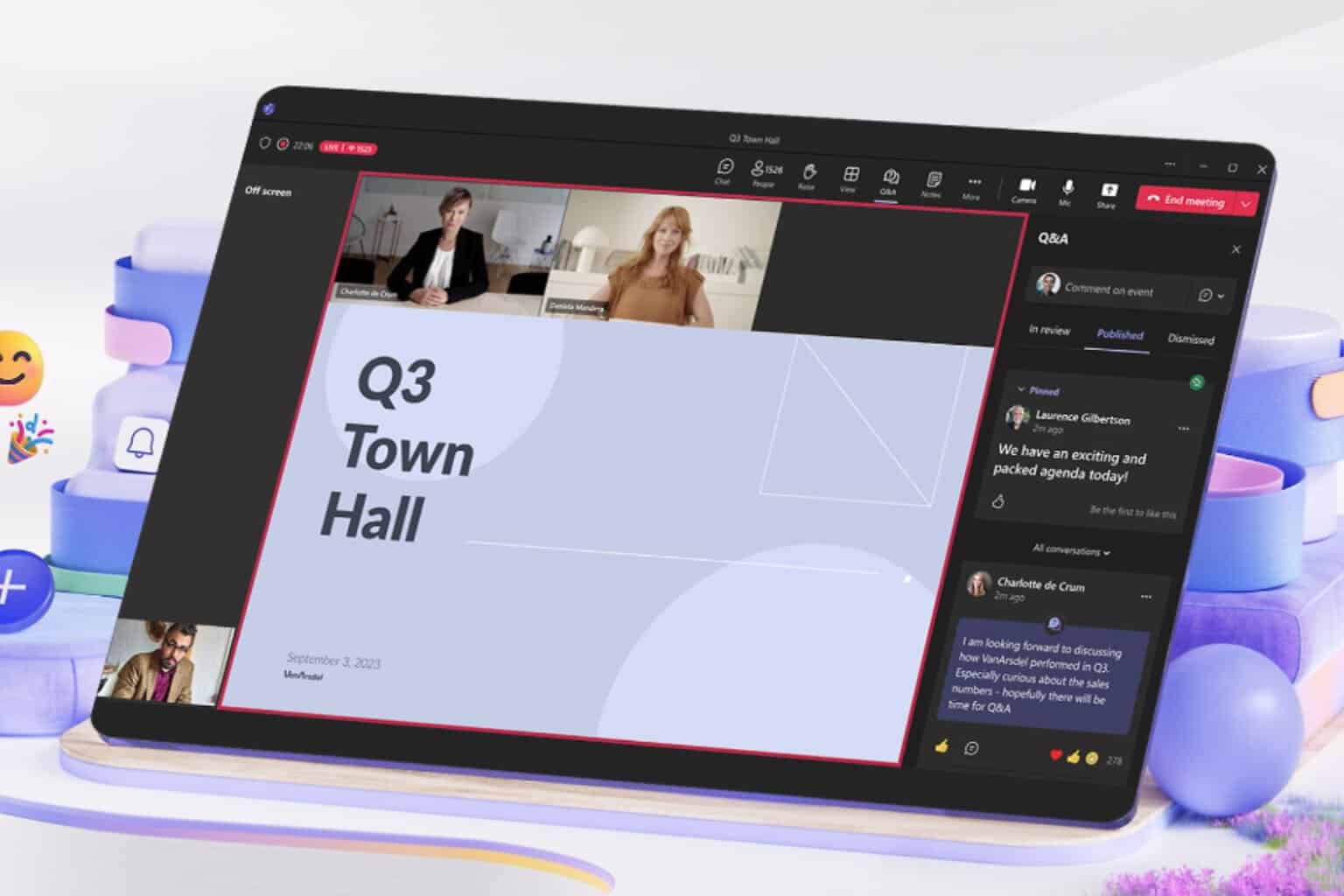Revving up trust: How Microsoft-supported ‘Wayve’ may solve the driverless car dillema
3 min. read
Published on
Read our disclosure page to find out how can you help Windows Report sustain the editorial team. Read more

London-based self-driving car maker Wayve, with backing from tech giant Microsoft, has unveiled a groundbreaking technology that aims to address the trust and transparency issues surrounding automatous vehicles (AVs). In a world where self-driving cars were once relegated to the realm of science fiction, Wayve’s innovation could be a game-changer for the industry.
The growing potential of autonomous vehicles is undeniable, but adoption has been hindered by technological delays and concerns about safety and understanding how these vehicles operate. Wayve aims to revolutionize this landscape by developing a system that can effectively communicate with drivers, providing them with insights into how its AI-driven cars make decisions, Fortune reported.
Lingo-1, Wayve’s latest creation, was launched to answer customer questions and explain the rationale behind the vehicle’s driving actions, making the AI-driven system more relatable and understandable to users. Wayve CEO Alex Kendall told Fortune that Lingo-1 is currently about 60% as accurate as human performance and continues to improve as it accumulates more data and experience.
Wayve’s innovative approach comes at a time when large language models like ChatGPT have captured the public imagination, influencing the launch of Lingo-1. With the backing of companies like Microsoft and Virgin, Wayve has been developing this technology for about two years.
The company’s goal is to reduce reliance on 3D maps and enable its AI systems to navigate unmapped roads, identifying and addressing potential hazards along the way. Microsoft co-founder Bill Gates has already experienced Wayve’s technology firsthand and predicts a bright future for autonomous vehicles.
Wayve’s commitment to improving road safety is evident in its efforts to prevent accidents. At the London CogX festival, he highlighted the staggering global toll of 1.3 million lives lost to road accidents annually, with 2% of the UK’s GDP lost due to accident-related costs. AVs promise to enhance road safety, but public resistance, as seen in the recent disabling of self-driving cars in San Francisco, poses challenges.
He also believes AI can create a more sustainable and efficient transport system through autonomous driving, potentially bringing AVs to cities like London. Wayve currently collaborates with British retailer Asda to offer delivery services in self-driven vehicles in select areas of London.
As Wayve’s CEO remains optimistic about the company’s future in the UK and the government’s commitment to fostering AV technology as a growth opportunity, it will be interesting to see how the public will react. Let us know your thoughts on this.








User forum
0 messages